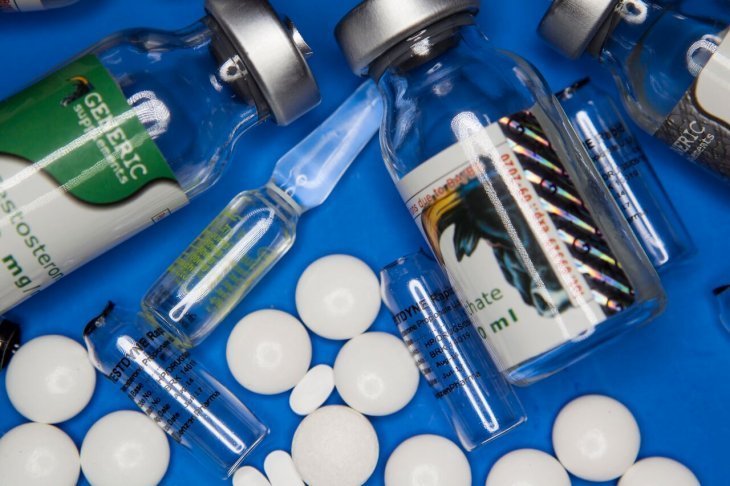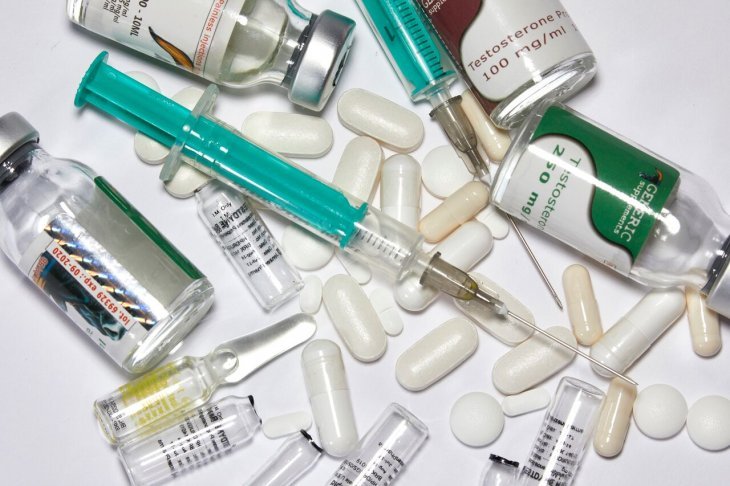
Popular diabetes drugs linked to serious infection
A class of medicines called SGLT2 inhibitors, which are known as popular diabetes drugs, have been reported to be linked to severe genital infections.
The U.S. Food and Drug Administration declared on August 29, 2018, that there had been a severe genital infection found in patients who were taking the said class of diabetes drugs.
The aftermath revealed one death and 11 other people who were hospitalized.
The SGLT2 inhibitors were reported to be first approved in 2013 to help lower the blood sugar of adults diagnosed with type 2 diabetes.
Follow us on Twitter at AmoMama USA for more details and updates.
FDA also encouraged companies to include the risk of having the severe genital infection in the drugs’ labeling.
The organization had approved SGLT2 inhibitors from companies like Johnson & Johnson with their brand Invokana, Eli Lilly with Jardiance, as well as the brands from Bristol-Myers Squibb, Astra Zeneca, Merck & Co, and Pfizer.
Following FDA’s announcement, the companies were unable to respond for comment when asked by Reuters.
The severe genital infection is called Fournier’s gangrene.

Source: Getty Images
FDA’s statement explained that it is an extremely rare form of bacterial infection, but it highly life-threatening.
It infects the tissue under the skin that is surrounding the private area.
As explained, the bacteria enter the body through open wounds and cuts, and it was said that they spread immediately.
A person who has diabetes is highly at risk for developing the said genital infection.

Source: Getty Images
Between March 2013 and May 2018, the FDA said they discovered 12 cases of Fournier’s gangrene. It had developed in seven men and five women.
One of the diagnosed patients passed away. Other needed several disfiguring surgeries and were also declared to have developed complications.
The FDA said the infection developed after several months of the patients taking the SGLT2 inhibitor. In most cases, physicians advised patients to stop using the drug.
Meanwhile, the agency also issued a warning about the dangers of several vaginal treatments in late July 2018.
The information in this article is not intended or implied to be a substitute for professional medical advice, diagnosis or treatment. All content, including text, and images contained on news.AmoMama.com, or available through news.AmoMama.com is for general information purposes only. news.AmoMama.com does not take responsibility for any action taken as a result of reading this article. Before undertaking any course of treatment please consult with your healthcare provider.